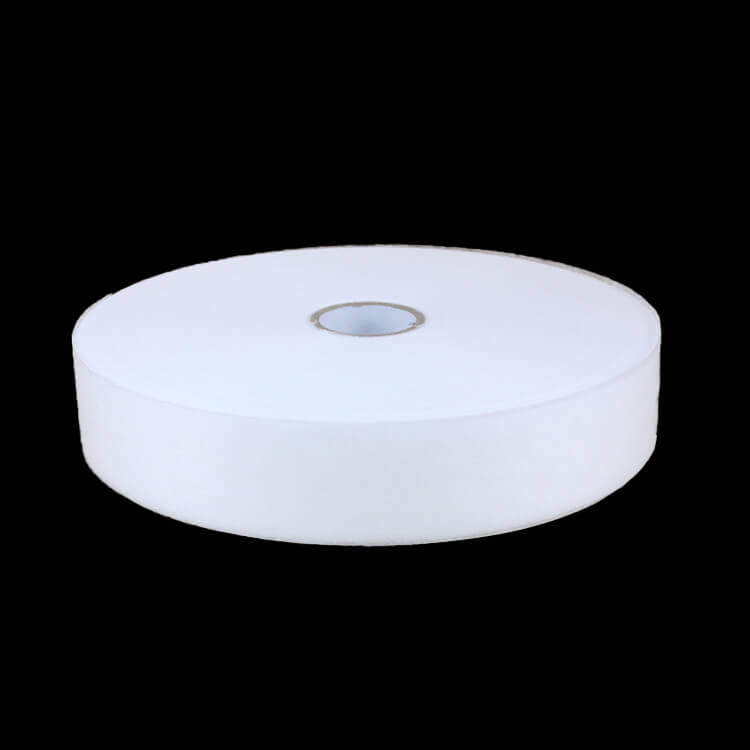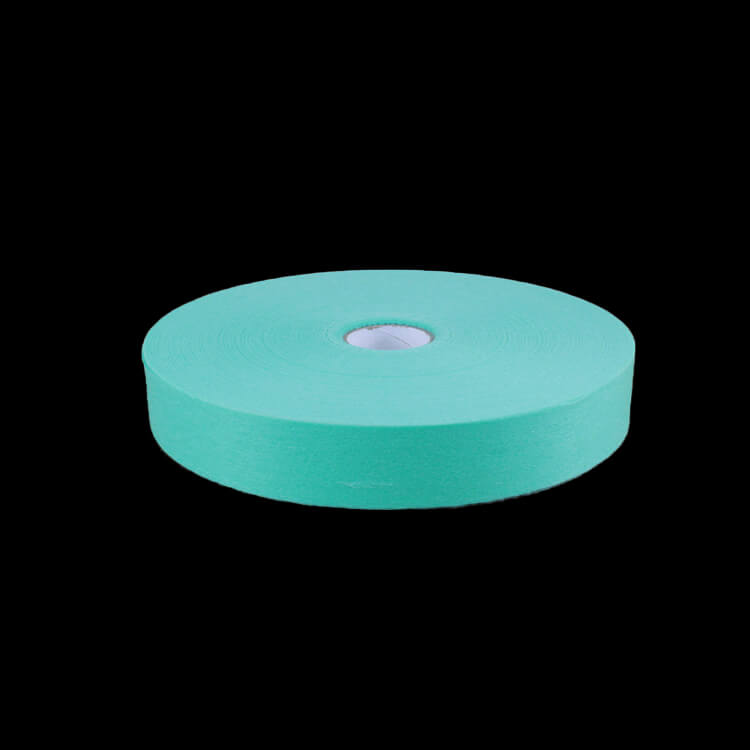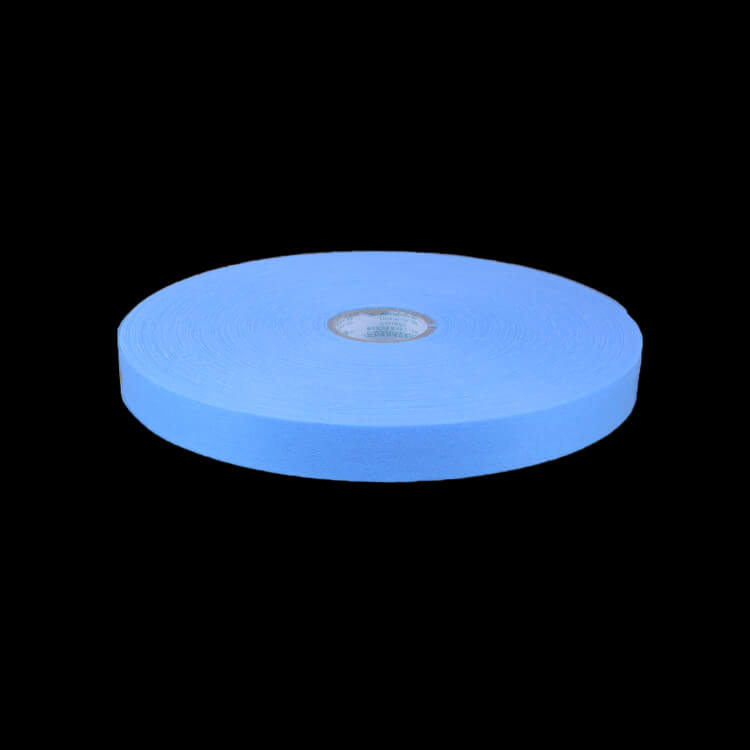Author:Baby & Adult Diaper Materials FROM:Diaper Materials Manufacturer TIME:2023-07-19
Unleashing the Potential of Polypropylene Non Woven Fabric in Diaper Production

The diaper industry has undergone significant advancements in recent years, driven by the growing demand for high-quality and eco-friendly diaper options. Among the various materials used in diaper production, polypropylene non woven fabric has gained substantial attention. This fabric possesses unique properties that make it an ideal choice for diaper manufacturers. In this article, we will explore the potential of polypropylene non woven fabric and its impact on the diaper production process.

Polypropylene non woven fabric offers enhanced absorbency, which is a crucial factor in designing efficient diapers. The fabric's hydrophilic nature allows it to quickly absorb liquids while distributing them evenly across the surface. This characteristic ensures that the diaper remains dry and comfortable for extended periods. Additionally, the fabric's ability to lock in moisture prevents leakage, providing reliable protection for infants and adults alike.
The use of polypropylene non woven fabric in diaper production also contributes to improved breathability. The fabric allows air circulation, reducing the risk of skin irritation and promoting healthier diaper-wearing experiences. Its lightweight and soft texture further enhance comfort, ensuring that babies and adults can move freely without any discomfort or restrictions.

With increasing concerns about environmental sustainability, the diaper industry has been actively exploring more eco-friendly options. Polypropylene non woven fabric proves to be an excellent choice in this regard. Unlike traditional materials such as cotton or fluff pulp, polypropylene non woven fabric is created through a non-woven process, reducing the reliance on natural resources.
Furthermore, the fabric is recyclable and can be repurposed into various products after its lifecycle in diapers. This feature significantly reduces waste and contributes to a circular economy. By incorporating polypropylene non woven fabric into diaper production, manufacturers can align their practices with sustainable principles while meeting the demands of conscious consumers.
Polypropylene non woven fabric offers several advantages that improve diaper manufacturing efficiency. The fabric can be easily customized to meet specific requirements, allowing manufacturers to innovate and create diapers with unique features. Its compatibility with high-speed production processes ensures a smoother and faster production line, increasing overall output without compromising quality.
Additionally, the fabric's strength and durability contribute to the long-lasting performance of diapers. It can withstand repeated washing and drying cycles, ensuring that diapers maintain their integrity even after multiple uses. This attribute not only benefits end-users but also reduces costs for manufacturers by minimizing product defects and returns.
Polypropylene non woven fabric has emerged as a game-changer in the diaper industry, revolutionizing the way diapers are designed, produced, and used. Its enhanced absorbency, breathability, eco-friendliness, and improved manufacturing efficiency make it an indispensable material for diaper manufacturers. As the industry continues to prioritize performance, sustainability, and consumer satisfaction, the potential of polypropylene non woven fabric in diaper production remains boundless.

 Email: info@whldiapernonwoven.com
Email: info@whldiapernonwoven.com
 MP/WhatsApp: +86-13599937366
MP/WhatsApp: +86-13599937366
 Manufacturer Address:Room 1105B, Bld M1, Manhattan, Yulongwan, Shimao, Shuanglong Road, Meiling Street, Jinjiang, Fujian, China
Manufacturer Address:Room 1105B, Bld M1, Manhattan, Yulongwan, Shimao, Shuanglong Road, Meiling Street, Jinjiang, Fujian, China